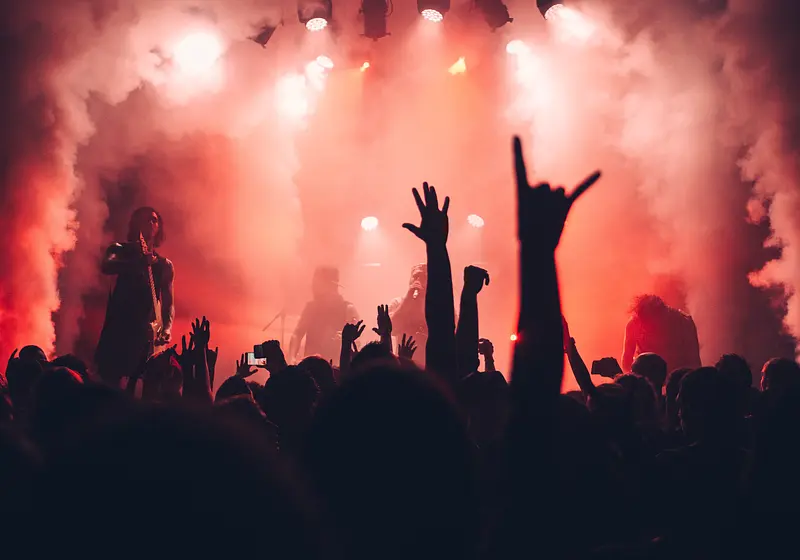You watch Instagram reels and, over time, as the app algorithm discovers your celebrity interest, they bombard you with reels from that celebrity's fan page, fan-made stories, and media houses promoting them. Well, in this whole story, we knew you liked the celebrity and suppose you also had a crush on them, but the social media algorithm develops us into believing that we have some kind of relationship with that celebrity that is, of course, imaginary.
This kind of one-sided imaginary relationship where the other person is entirely unaware of the relationship is called a parasocial relationship. People often develop relationships with sports players, celebrities, and YouTube.
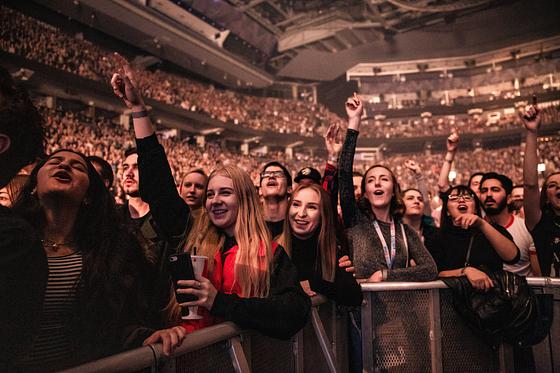
The post-pandemic era is continuously seeing an increase in parasocial relationships. This sudden increase is the increasing use of social media and increased exposure to the Internet. In recent times, various vloggers, influencers, and gamers have started either online streaming or broadcast channels where they can be in more direct contact with their target audiences, and this has, over time, made people more interested in knowing more about their lives.
Let us slide into your dms 🥰
Get notified of top trending articles like this one every week! (we won't spam you)Why are people heading towards Parasocial relations?
It's challenging to message your crush, but sending a DM comprising a love letter to Cillian Murphy is relatively easy, and this is the exact reason people find it easy to get into a parasocial relationship. There is no chance of rejection. They are entirely free to express their feelings with no hesitation.
These relationships also successfully give people the love and support they seek from a real relationship. We have seen many people turning towards these relationships when they are fed up with the complexities of a real relationship. According to many health professionals, many people suffering from mental health issues find these relationships helpful while coping with their emotional traumas. One article based on a survey has also discovered that people often feel relaxed while watching a media personality, e.g., Oprah Winfrey's and Ellen's shows are a medium of relaxation for many people.
Now, there is a difference between parasocial attachment and parasocial relationships. Let's dig deeper into the two concepts.
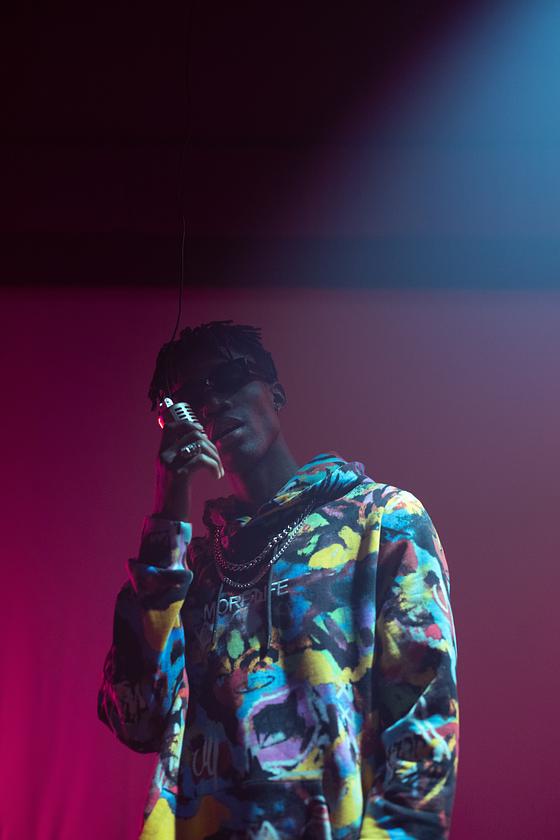
Image Credit: Cottonbro from Pexel
Take the Quiz: Which Indian city is the perfect holiday spot for you!?
Let's match you with an Indian city that you would love!
Parasocial attachment Vs Parasocial relationships
You finished watching an episode of the Netflix show "Never Have I Ever," and you are still thinking about Devi, Ben, and Paxton. This is called Parasocial attachment, where you think about these characters as if you know them in real life. Now, this is something that happens to us all the time, and psychologists find this behavior to be totally normal. This type of attachment develops when someone becomes a source of comfort and security. Parasocial relationships are much more profound and are something like "one-sided intimacy."
What causes us to develop parasocial relations?
Naturally structured towards forming social relationships. Humans, throughout evolution, learned to develop relationships and memories towards the people they saw or heard in daily life. Media sources like radio, TV, and social media are recent. Still, our brain works in a similar way where it cannot differentiate between a media or a real personality while developing a social relationship.
Social Media's effect on Parasocial relations
The concept of parasocial relations is not new and has existed even before the media came to light. From ancient times, people felt they belonged to the pharaoh or deity they used to worship, though they never saw them in real life. The growing accessibility of social media in the last decade has allowed celebrities to disclose more personal information about themselves and their current life events. This has ultimately led people to believe they are part of their life.
TikTok replies
A lot of influencers nowadays are engaged over TikTok. For example, teenage influencers like Brent Rivera have a massive following on TikTok. A lot of influences interact directly with their fans in the comment section, and, in this way, their fans often feel valued and seem to develop a deep bond with that celebrity.
YouTube Vlogging
Many YouTubers these days release daily vlogs providing updates about their life. These vlogs contribute a lot towards increasing their viewership and followers, and people who watch their vlogs daily share a feeling of association with them.
Interaction over Instagram
Celebrities on Instagram often interact with their fan base through broadcast channels, providing recent updates on their life, staycations, and work. Many times, they even offer regular Q&A sessions to interact more closely with their followers.
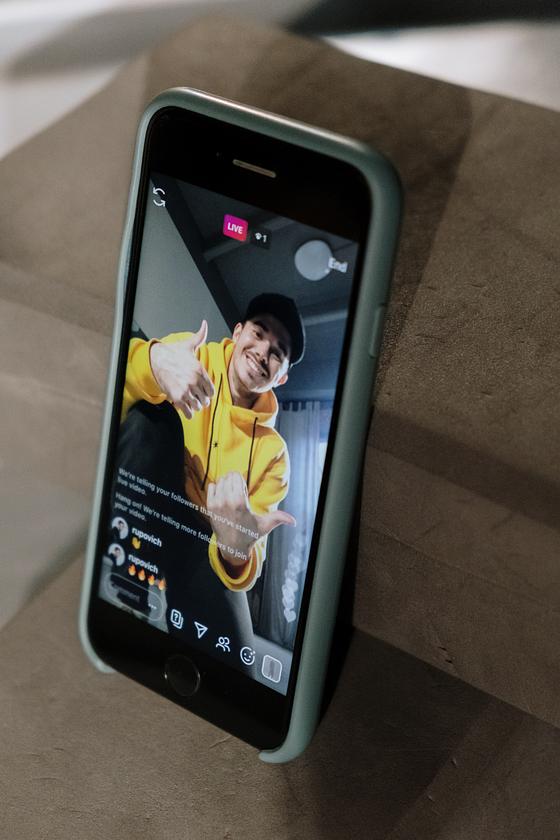
Image Credit: Cottonbro from Pexel
According to research conducted by some psychologists, parasocial relations, though imaginary, can sometimes form the same kind of attachment as seen in a real relationship.
What parasocial relationship shows about a person?
Decades of research have shown that the happiest people tend to be secure in their personal relationships and are not anxious about them. People anxious about their relationships are often more likely to develop associations with a fictional character or develop any kind of parasocial relationship. Parasocial relationships often become a substitute when you are not able to bond with your real-life family and friends. In the long run, this behavior might develop as a communication barrier with friends and family. Here are a few ways listed to come out of these kinds of behaviors:
Try to ignore: Social media have provided celebrities with much easier access to remain in direct contact with their fans, and they often use these platforms to share information about their daily lives. This often leads people to think that they are a part of that celebrity's life, which is not the case, as media personalities have used these tactics for commercial gains and to increase their fan following.
So, if you are also the one person reading all the gossip about Hollywood stars in articles and magazines, try to stop doing it, as whatever is happening in their life is not your concern.
Break up: If you feel very much associated with a band group, then there is a high chance that, in the future, if the band splits, you might feel bad or anxious, but this feeling will not last forever. Similarly, suppose you feel like watching reels or TikTok videos of a particular celebrity makes you distant from your family and friends. In that case, it's high time you consider your choices.
How attachment styles affect parasocial relationships?
According to psychologists, there are four main types of attachment styles, and before, we look into how they affect parasocial relations. Let's dig deeper into what these styles really mean.
- Anxious
- Avoidant
- Disorganized
- Secure
From an evolutionary perspective, humans are born with a tendency to seek love and emotional support from people close to them. But as all the things in the world are not perfect, so are these relationships and, therefore, many other factors deciding our behavior, like parenting, friend groups, etc., determine our way of thinking and create certain attachment styles in us.
Attachment styles usually develop as a response to how someone was treated by their caregiver during childhood. People who spent a childhood where their parents were aware of their physical and emotional needs tend to develop into a more securely attached person. On the other hand, misattunement on behalf of caregivers towards their child's physical and emotional needs is likely to lead to insecure attachment.
It may be worth noting that caregiver misalignments may not be intentional, but the child still perceives them as not meeting their needs. If you are also wondering about the kind of attachment style you possess, you might try taking this quiz.

Image Credit: Engin Akyurt from Pexel
Anxious
These types of people feel less worthy of love than others. They often fear abandonment, and when involved in a relationship, they often become clingy and try to seek the attention of others. In a nutshell, though these people value their relationships, they often feel insecure and threatened.
Avoidant
These people often have a positive point of view towards themselves but are negative towards others. People belonging to this attachment style often value their self and independence and do not like to depend on others for emotional support. They think of themselves as self-sufficient and often do not feel the need for a relationship for emotional support.
Disorganized
These types of people love being in relationships. Still, they often have a fear of coming closer to someone as they have a difficult time when it comes to trusting people.
The attachment theory of parasocial relationships suggests that some people are more likely to form parasocial relationships due to their attachment style. Cole and Leets (1999) found that individuals with an insecure-resistant attachment style were more likely to engage in parasocial relationships with their favorite TV personality, and insecure-avoidant individuals were less likely to engage in parasocial relationships.
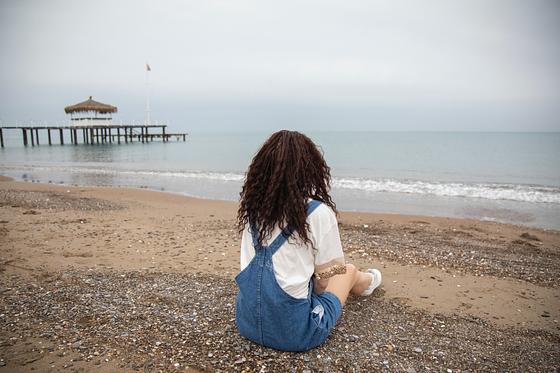
Image Credit: Akyurt from Pexel
Positive impacts of parasocial relationships
Though parasocial relations are expected to an extent, they have both positive and negative sides involved. Here are a few examples of the positive impacts of parasocial relationships.
- Provide support like real relationships
- Can improve social image
- Enhance self-esteem
- To be a positive influence
.jpg)
Image Credit: Dzierzak from Pexel
Parasocial relationships are normal until they do not interfere with your normal life. So, if that Instagram feed is also disturbing and restricting you from doing real-life things, try to give yourself a break from social media, join that book club, write a book, learn a new language, and become the celebrity of your own life.





